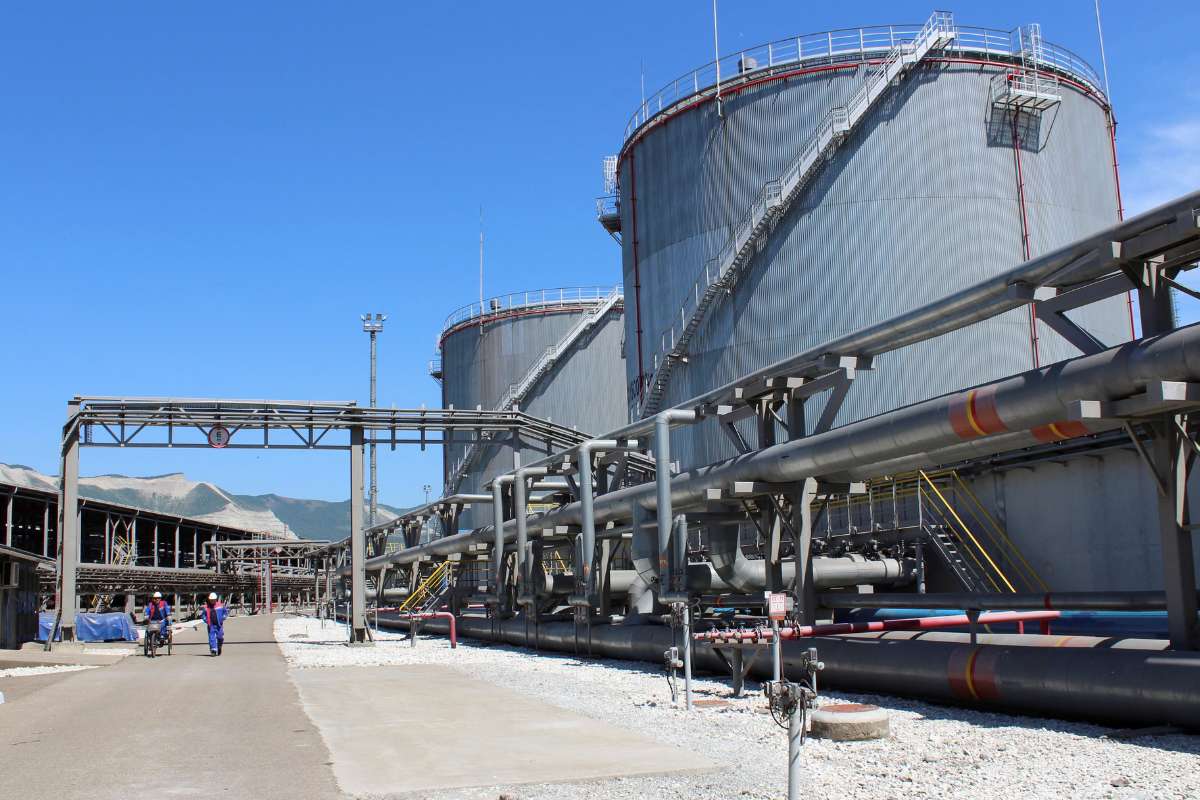Russia Black Sea oil exports, including crucial Kazakh shipments, have been abruptly suspended following a surprise shift in maritime regulations. As first reported by Reuters, the halt began on July 19, catching shippers and traders off guard.
The suspension stems from new Russian requirements mandating additional ship access paperwork and clearance procedures before crude can be loaded. These changes have primarily impacted Kazakh crude exports via the Novorossiysk terminal, a key route for Caspian Pipeline Consortium (CPC) flows to global markets.
Kazakhstan, which relies heavily on these exports, is now facing logistical gridlock. While the CPC pipeline remains operational, tankers have been unable to depart without the updated approvals, leading to widespread delays.
Global Oil Market Rattled by Regulatory Ambiguity
The sudden move has raised fresh concerns in global energy markets already strained by geopolitical tensions and ongoing sanctions on Russia Black Sea oil exports. As Bloomberg reports, traders were given no forewarning, sparking uncertainty over crude availability in Europe and beyond.
The ports affected are vital nodes for both Russian Urals and Kazakh CPC blends. A prolonged suspension could tighten supplies and impact prices, especially if the bureaucratic backlog persists. Analysts speculate the regulations may reflect increased Russian scrutiny over maritime operations or be a veiled response to Western pressure on Russian oil flows.
According to MSN, Russian officials have not provided a public explanation for the new protocols. However, sources suggest they may be tied to internal security concerns or efforts to assert tighter control over export documentation amid sanctions compliance challenges.
Industry Scrambles for Clarity as Tankers Sit Idle
Oil producers, traders, and shipping firms are now seeking clarity on how long the disruption will last. While a handful of vessels have reportedly received the necessary approvals after delays, many remain docked or anchored, unable to load until proper paperwork is processed.
Kazakhstan stands to lose millions in daily oil revenue if the impasse continues, with experts warning of potential bottlenecks if the ports remain inactive. Although the CPC pipeline is still pumping, the lack of maritime clearance renders exports effectively frozen.
Market participants hope Russian authorities will issue revised guidelines or ease the documentation burden to prevent further disruption. In the meantime, the energy sector is closely monitoring developments, as any extended halt could ripple across international supply chains.
Explore More News In Our Oil Gas Energy Magazin
Sources:












